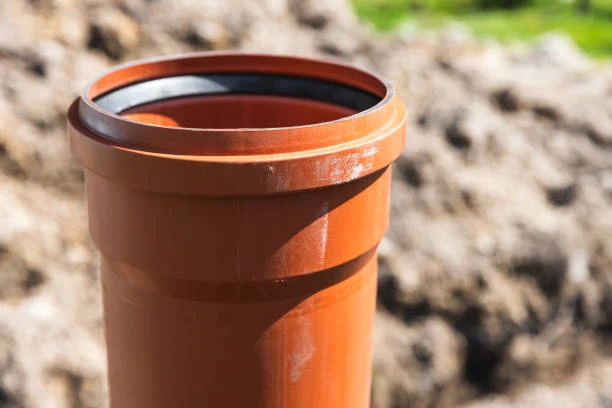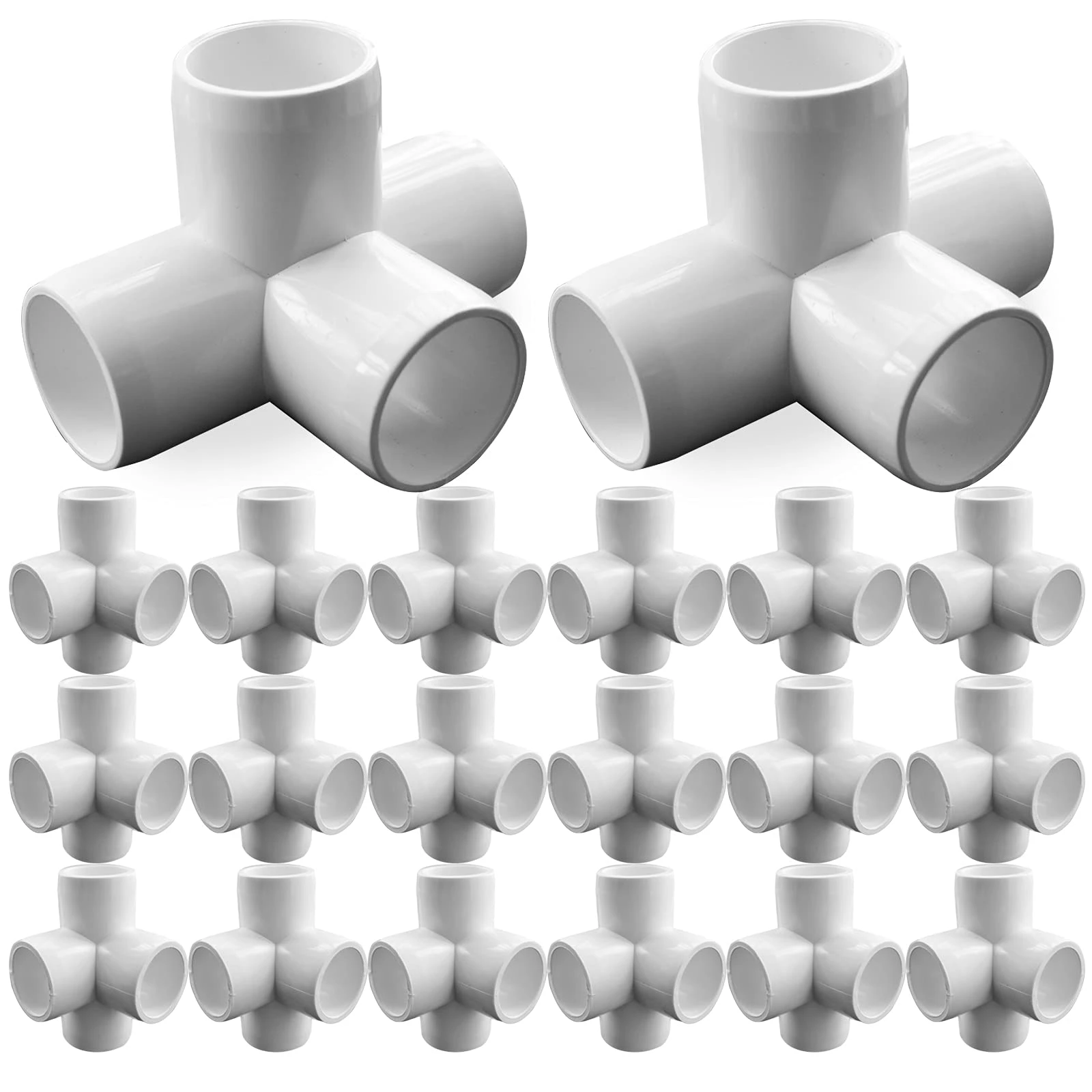The market for plastic tube, pipes, hoses, and fittings in Saudi Arabia is poised for significant growth in 2024. With rapid infrastructure development and a focus on diversifying the economy, Saudi Arabia presents a strong demand for these essential products. The demand is driven by various industries, including construction, oil and gas, automotive, and agriculture. This article explores the factors shaping the market, key drivers of growth, and what the future holds for plastic tube, pipe, hose, and fitting manufacturers in Saudi Arabia.
Overview of the Plastic Tube Market in Saudi Arabia
Plastic tubes play a crucial role in various sectors. They are used in construction, irrigation, industrial processes, and more. In Saudi Arabia, plastic tubes are particularly valued for their durability, corrosion resistance, and ease of installation. The local market for plastic tubes is experiencing expansion due to growing infrastructure projects, industrialization, and an increasing focus on sustainability.
Saudi Arabia’s Vision 2030, which aims to diversify the economy and reduce reliance on oil, plays a significant role in the growth of the plastic tube market. With heavy investments in public infrastructure, including transportation, water systems, and urban development, the demand for plastic tubes continues to rise.
Drivers of Growth in the Plastic Tube, Pipe, and Hose Market
Several factors are driving the growth of plastic tubes, pipes, hoses, and fittings in Saudi Arabia. These include infrastructure development, a push for sustainability, and technological advancements in manufacturing. Let’s take a closer look at each driver:
- Infrastructure Projects: Saudi Arabia’s massive infrastructure investments, including the development of smart cities, residential areas, and transportation networks, are boosting the demand for plastic pipes and tubes. The construction industry, in particular, is a significant consumer of plastic pipes for water supply, drainage, and electrical wiring applications.
- Oil and Gas Industry: The oil and gas industry in Saudi Arabia remains one of the largest consumers of plastic tubes and pipes. These products are used in offshore oil platforms, refineries, and petrochemical plants. Plastic pipes are resistant to chemicals and corrosive elements, making them ideal for use in such environments.
- Agriculture: The agricultural sector in Saudi Arabia is another major driver for the demand for plastic hoses and pipes. With the Kingdom’s focus on food security and sustainable farming practices, plastic pipes are increasingly used in irrigation systems. These pipes are durable, lightweight, and cost-effective, making them an attractive choice for farmers.
- Environmental Concerns and Sustainability: As Saudi Arabia moves toward more sustainable practices, the use of plastic tubes and pipes that are recyclable and require less energy to manufacture has become a key selling point. There is a growing trend toward eco-friendly materials that contribute to a circular economy.
Key Trends in the Plastic Pipe and Fitting Market
As the market for plastic tubes, pipes, hoses, and fittings grows, several trends are emerging. These trends are reshaping the future of the industry in Saudi Arabia:
1. Shift to High-Performance Materials
The use of high-performance materials like PVC, HDPE, and PPR (polypropylene random copolymer) is becoming more prevalent in the Saudi market. These materials offer superior strength, resistance to high temperatures, and longer life spans compared to traditional plastic materials. The demand for these advanced materials is expected to increase as construction and industrial applications become more demanding.
2. Innovation in Fittings and Jointing Systems
The fitting systems used to join plastic pipes are also evolving. Manufacturers are developing more efficient, leak-proof, and easy-to-install fittings. Saudi Arabia’s growing demand for reliable water supply systems and sanitation infrastructure is pushing innovations in fittings that ensure secure and durable connections.
3. Increased Automation and Manufacturing Technology
Automation in the production of plastic pipes and tubes is growing in Saudi Arabia. Manufacturers are adopting state-of-the-art technology to increase productivity, reduce costs, and ensure the highest standards of quality control. With growing demand, the market is shifting toward more sophisticated manufacturing techniques that can meet both local and international standards.
The Role of Regulatory Policies and Standards
The Saudi government plays a crucial role in regulating the plastic pipe industry. Local standards and regulations are essential to ensuring the quality and safety of plastic tubes and pipes used in various applications. The Saudi Arabian Standards Organization (SASO) has set clear guidelines for the materials and construction of plastic pipes, which manufacturers must adhere to. These regulations help ensure that the products are suitable for long-term use in harsh environmental conditions, such as extreme heat and moisture.
The growing emphasis on environmental sustainability also means that regulations around recycling and the disposal of plastic products are becoming stricter. Manufacturers are being encouraged to use recyclable materials and implement sustainable manufacturing practices to reduce the environmental footprint of plastic tubes and pipes.
Impact of Saudi Vision 2030 on the Plastic Pipe Market
Saudi Vision 2030, the country’s ambitious plan to diversify its economy, has a profound impact on the market for plastic tubes, pipes, hoses, and fittings. The Vision focuses on reducing Saudi Arabia’s reliance on oil and gas and expanding sectors like manufacturing, construction, and infrastructure. This transformation presents both challenges and opportunities for the plastic pipe industry.
Under Vision 2030, there is a clear push for more sustainable infrastructure and green building practices. As a result, plastic pipes, especially those made from recyclable or eco-friendly materials, are gaining popularity. The construction of new smart cities and mega-projects such as NEOM will require a significant volume of high-quality plastic pipes, making the demand for these products more critical.

Saudi Arabia’s Import and Export Market for Plastic Tube and Pipes
Saudi Arabia’s market for plastic pipes and tubes is highly dependent on both imports and local production. While domestic manufacturing capabilities have increased, the Kingdom continues to import high-performance plastic tubes and pipes from global suppliers. The country’s strategic location as a trading hub in the Middle East makes it an attractive market for international manufacturers.
Exports of plastic tubes, pipes, and fittings are also on the rise. Saudi Arabia exports a significant amount of these products to neighboring Gulf countries, as well as to emerging markets in Africa and Asia. As manufacturing in Saudi Arabia grows more sophisticated, the export market is expected to expand.
Future Outlook for the Plastic Tube Market in Saudi Arabia
The future outlook for the plastic tube, pipe, hose, and fitting market in Saudi Arabia looks promising. With robust infrastructure projects and industrial development on the horizon, demand will continue to grow in 2024 and beyond. Additionally, as sustainability becomes a greater focus for businesses and consumers, manufacturers will need to adapt to new regulations and material requirements. The market’s growth potential is clear, and businesses that invest in innovation and eco-friendly practices will be well-positioned for success.
Conclusion: A Growing Market for Plastic Tube and Pipes in Saudi Arabia
The plastic tube, pipe, hose, and fitting market in Saudi Arabia is entering an exciting phase of growth. Driven by infrastructure development, technological advancements, and sustainability initiatives, the market is set to expand significantly in 2024. Key sectors like construction, agriculture, and oil and gas continue to drive demand, and the focus on high-performance materials and eco-friendly solutions will shape the industry in the years to come.
Saudi Arabia’s Vision 2030 and regulatory changes are likely to further fuel the growth of the plastic pipe market, creating new opportunities for manufacturers, suppliers, and investors alike. As the market evolves, the future of plastic tubes and pipes in Saudi Arabia looks bright.
FAQs
- What are the key drivers of the plastic tube market in Saudi Arabia?
- Key drivers include infrastructure development, oil and gas demand, agricultural needs, and sustainability trends.
- What materials are commonly used in plastic pipes in Saudi Arabia?
- Common materials include PVC, HDPE, and PPR, known for their strength and durability.
- How does Saudi Vision 2030 impact the plastic pipe market?
- Vision 2030 focuses on infrastructure growth and sustainability, which increases the demand for high-quality plastic pipes and eco-friendly solutions.
- What industries use plastic tubes, pipes, and hoses in Saudi Arabia?
- Industries include construction, oil and gas, agriculture, and manufacturing.
- Is Saudi Arabia a major importer or exporter of plastic pipes?
- Saudi Arabia imports high-performance pipes but also exports significant quantities to neighboring countries and beyond.


















